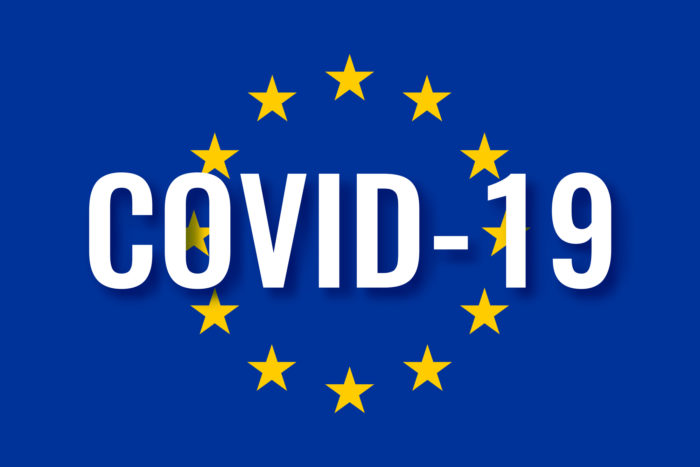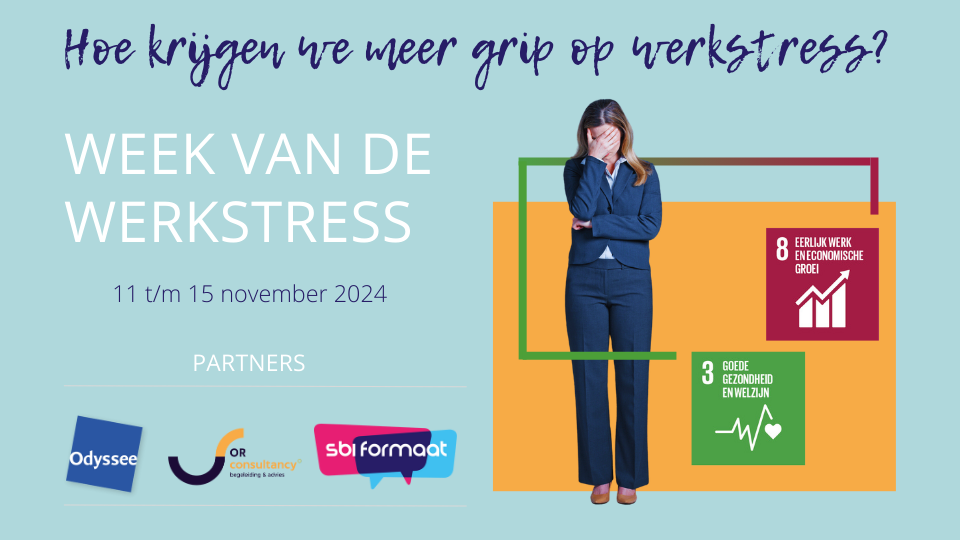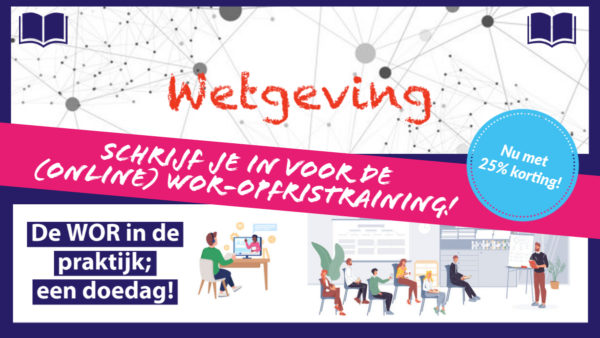The European Works Council and Covid-19: a webinar for EWC members

On 21 April 2020, the EWC Service of SBI Formaat organised a webinar for EWC members in order to study and discuss the role that the European Works Council can play in the Covid-19 crisis. Thirty-five European Works Council members from twelve different countries participated in the webinar. Most of the participants were experienced EWC members with whom we have built a relationship of many years already. For us it was a unique experience to see them all together in one event.
The webinar consisted of a general introduction on the EWC and Covid-19:
- Is the EWC involved in the Covid-19 crisis and does it have the right to be informed and consulted?
- Which topics does the EWC address?
- How to get organised?
After the introduction, the participants split up in working groups to exchange experiences.
Of the EWC members present, 19% indicated in a poll that they had not been informed or informed and consulted on planned decisions regarding Covid-19. 19% of the participants had been informed on the general Covid-19 situation, 26% had also been informed on specific measures that the company will be taking., 30% of the EWC members had entered into a dialogue and only 7% had been given the opportunity to also issue an opinion. In as far as any reasons were given at all by management not to involve the EWC, the main reason was that the way the company responded to this crisis was based on local circumstances. Considering that the Covid-19 crisis is clearly transnational, there is a need to challenge this argument. In the webinar we exchanged arguments EWCs can use to counter this line of reasoning by management.
In general, we can conclude that the European Works Council must play an active role in managing the Covid-19 crisis at company level. In most multinational companies, the EWCs have not automatically participated in the discussions but had to actively approach management to request involvement. Also in the breakout sessions, the participants concluded that a pro-active approach of the EWC is crucial. Management often does not take the initiative to involve the EWC, but once the EWC starts asking to be involved, this may lead to a useful dialogue.
The webinar was a new experience for us. We enjoyed very much bringing all EWC members together. We will, based upon the request of the EWC members who participated, further explore ways to exchange and learn from each other in the future. If you have any questions, ideas or suggestions or you need help with your European Works Council, please contact us.
Mariëlle van der Coelen, EWC trainer and advisor





